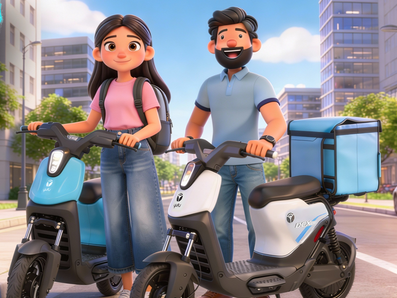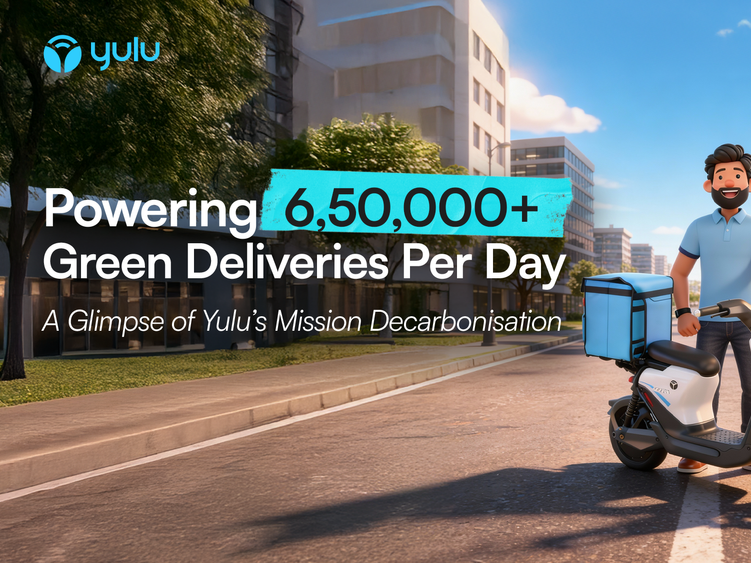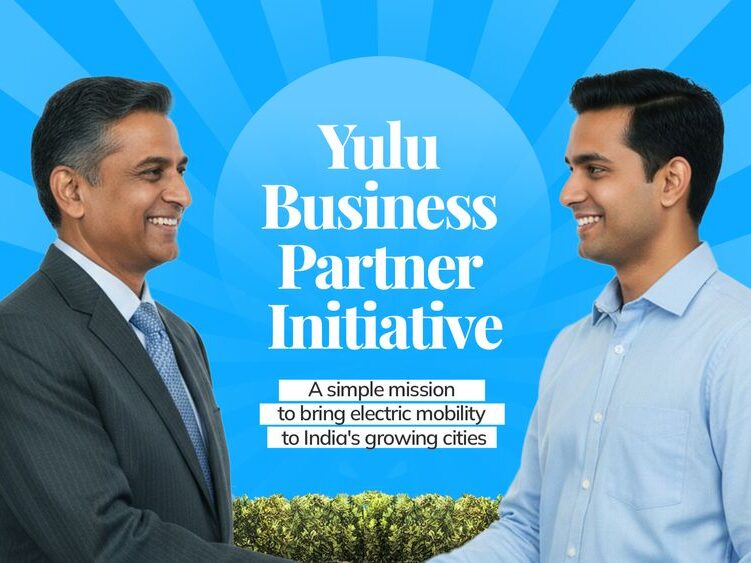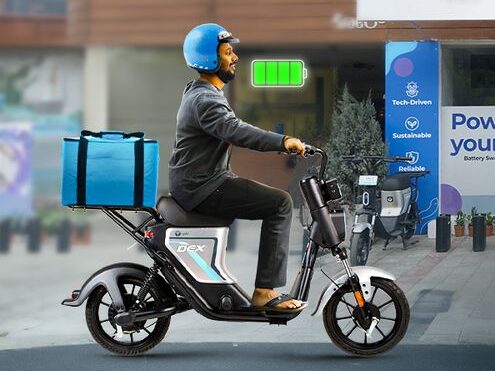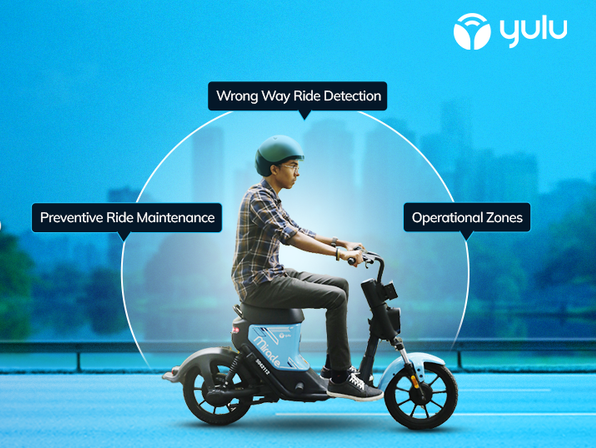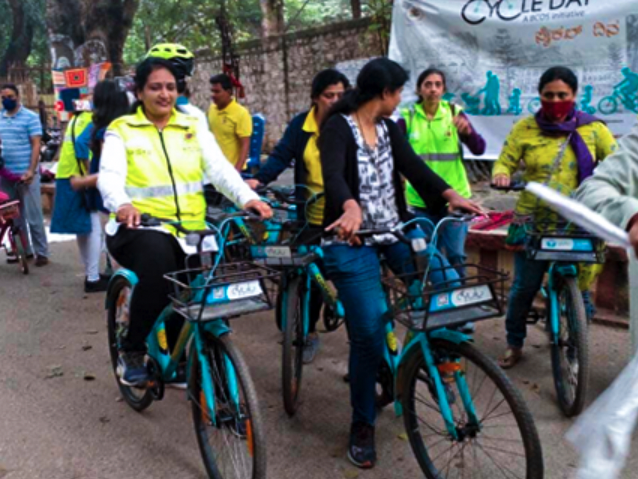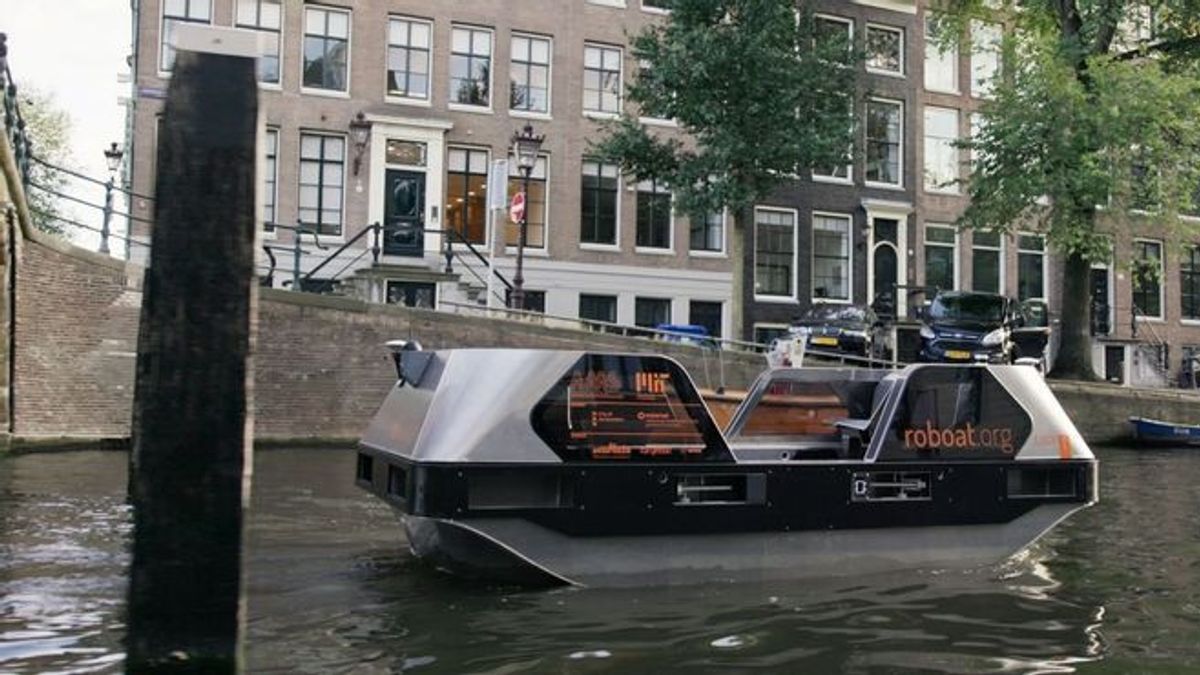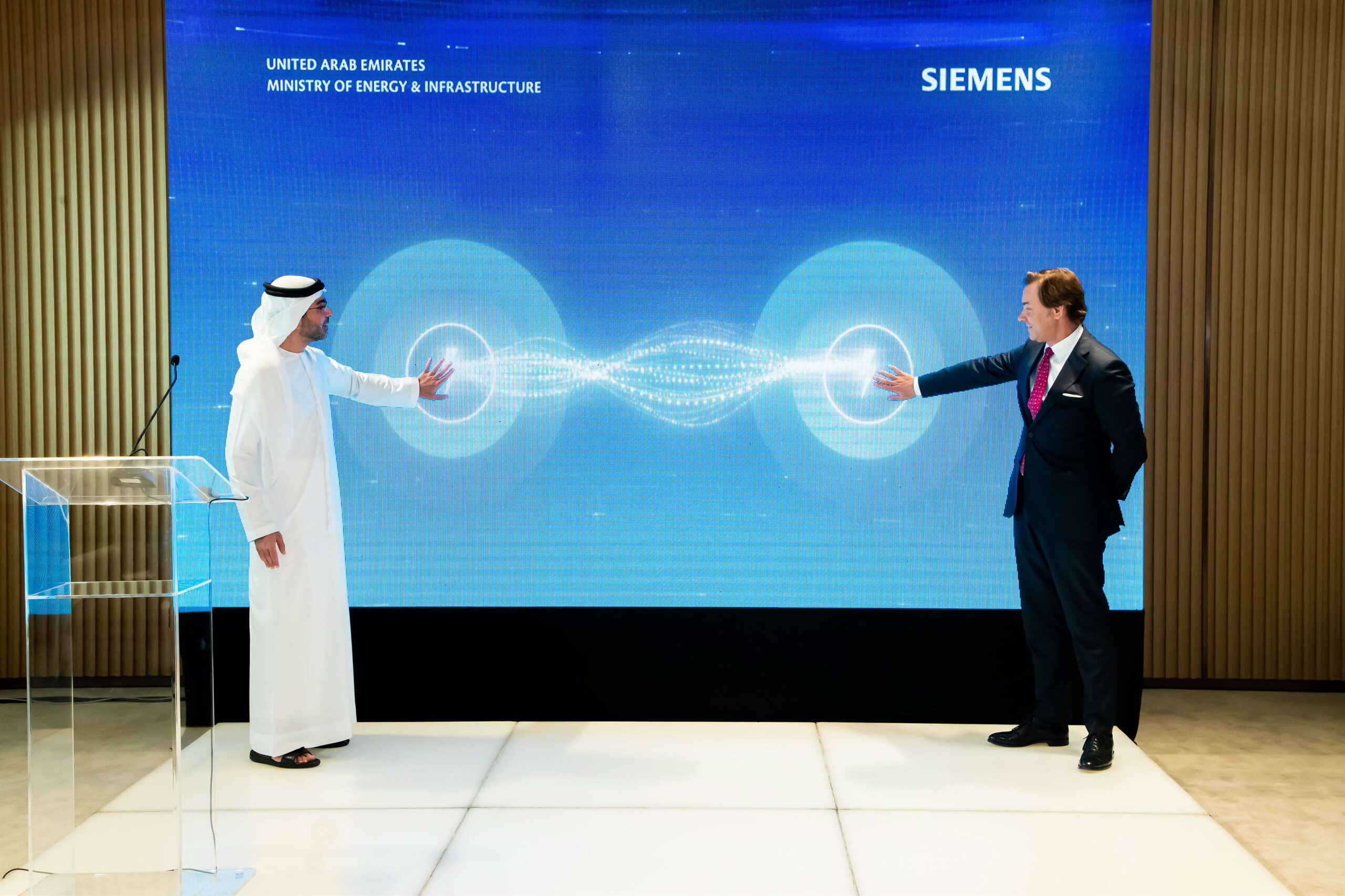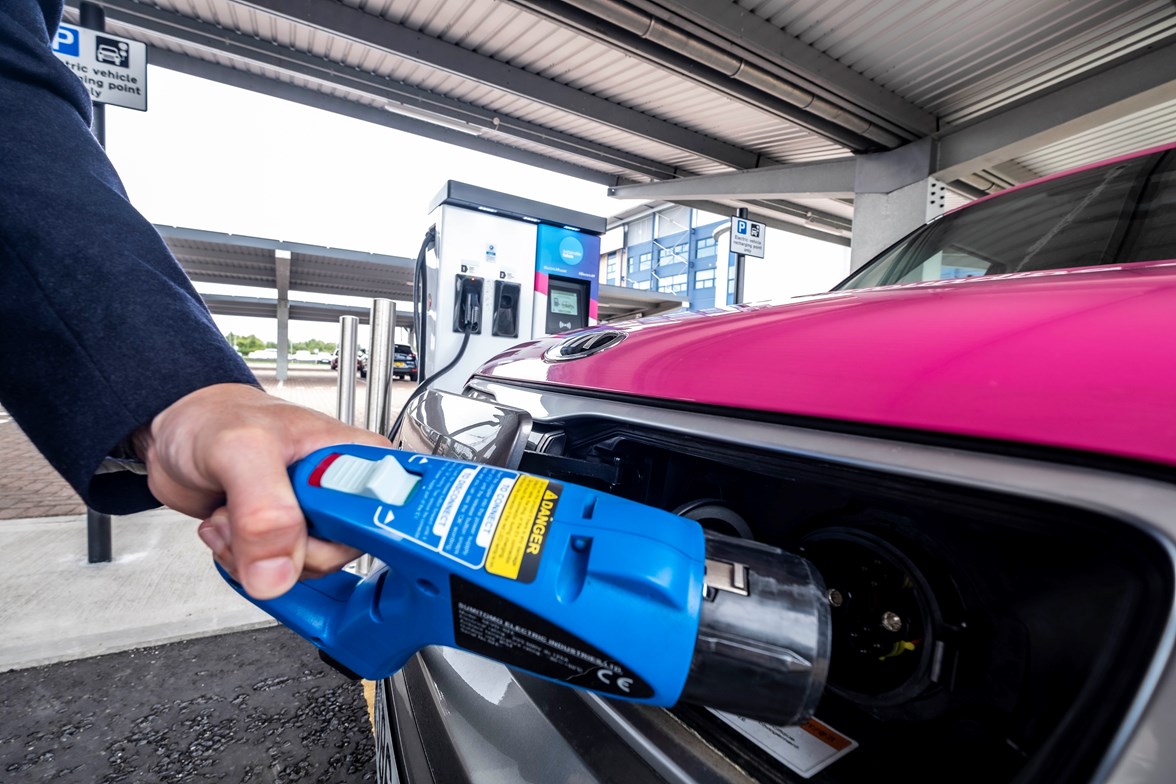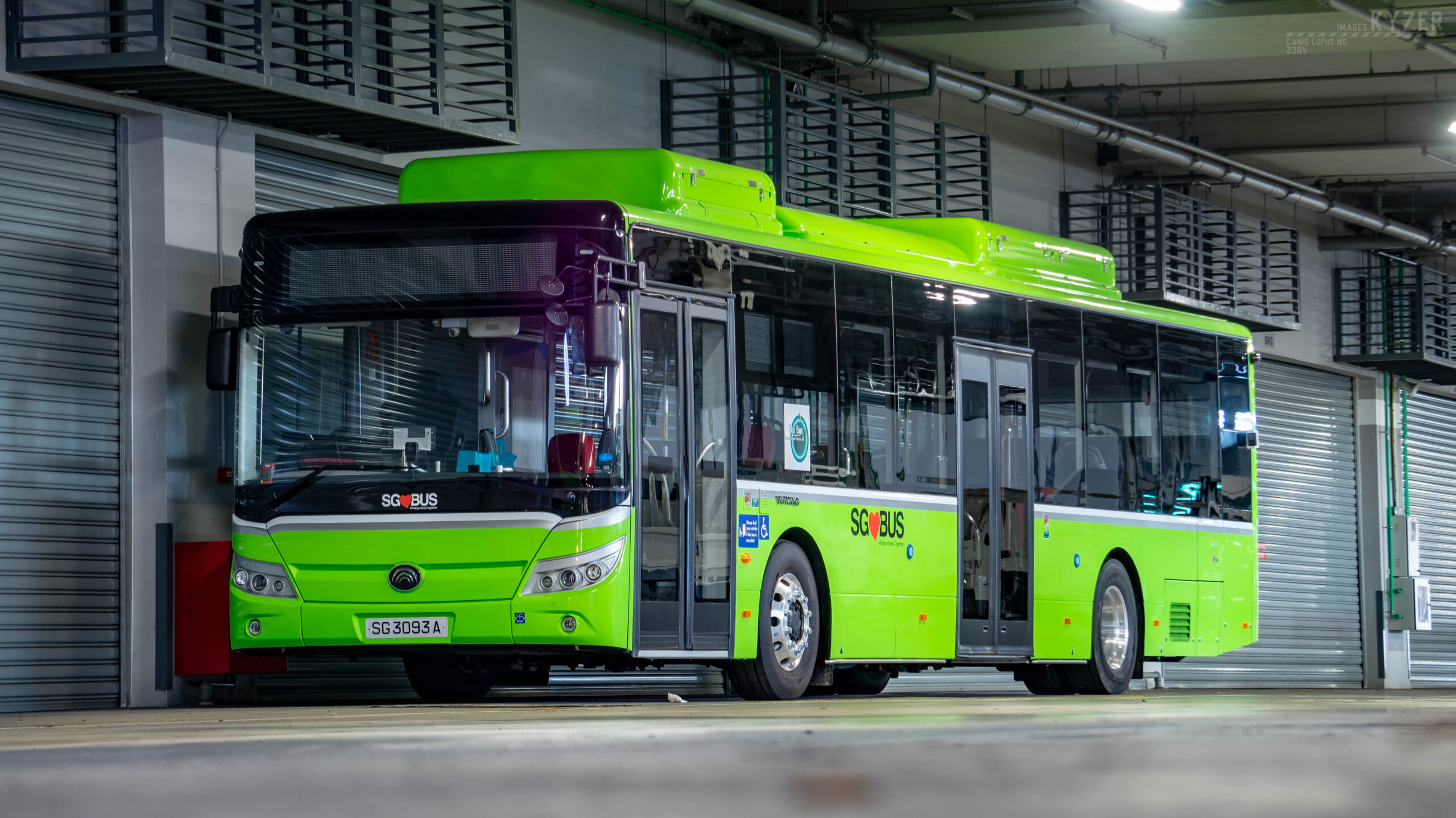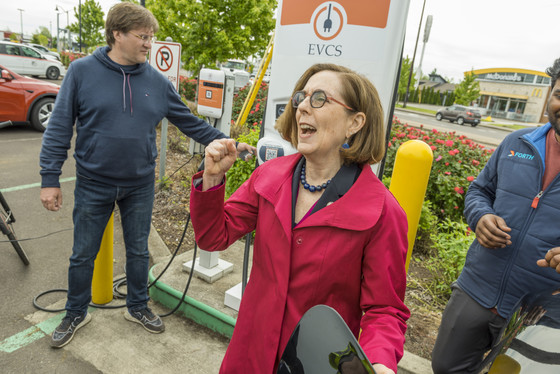Repurposing EV Batteries for Empowering A Sustainable Future
2021 was a great year for electric vehicles. There was a major shift in the first-time EV users and people who adopted electric vehicles in their daily life. EVs not only became part of the daily commute, but we also saw good adoption of EVs by gig delivery workers. According to the Federation of Automobile Dealers Associations (FADA), EV adoption saw significant growth in India between FY20 and FY22, with EV sales rising 155% year-on-year in FY22. Yulu also saw significant growth in our user base of gig delivery partners, who were readily adapting the culture of shared EVs.
Such developing trends have led to increased demand for high-performance EV batteries, such as Li-ion batteries. However, the massive shift towards electric batteries is creating a dilemma around the batteries after their first use. Given the massive demand of electric batteries and the substantial environmental effect of manufacturing a new one, treating used batteries as waste is preposterous!
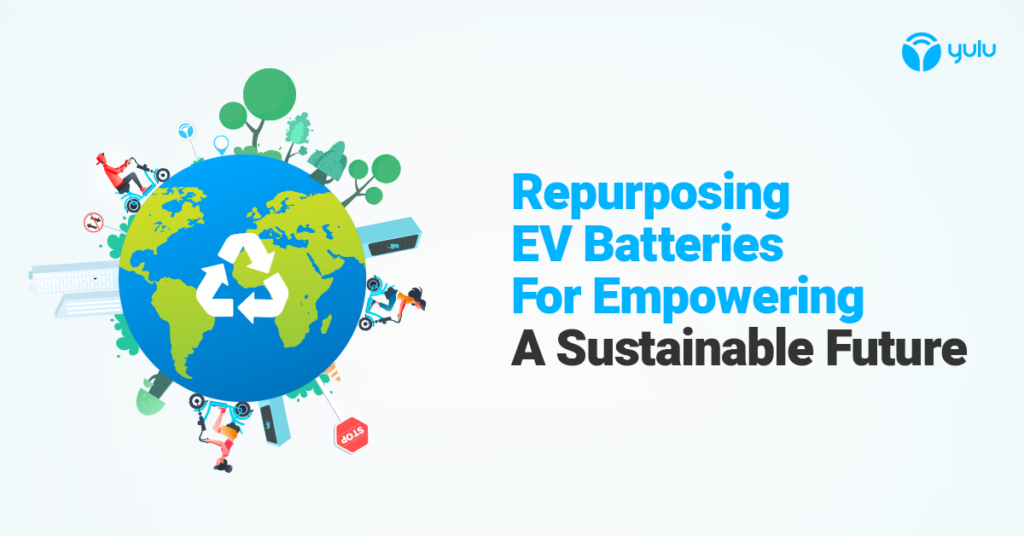
The EV industry has two options for tackling this situation-
- Repurposing batteries for second use: Prolonging battery life by repurposing them as an alternate energy storage device
- Send batteries to recycling units: Recycling units recover and reuse crucial parts of the raw material from the end-of-life batteries, reducing the negative impact of producing new batteries
EV manufacturers can also combine both methods for efficient solutions.
According to IEEE research, the expected number of used EV batteries would rise from 50,000 to 150 million by 2035, emphasizing the need of recycled batteries and repurposing methods to support the demand curve. According to another forecast, we will be able to recycle and reuse 75% of the wasted batteries because of the steady investments in repurposing the battery infrastructure. Eureka!
Once the battery’s life is over, it can be recycled to recover resources like lithium, cobalt & manganese, and reused for the production of new batteries. At present, Yulu sends its end-of-life EV batteries to the authorized recyclers who help us recycle our batteries and help us in contributing to the circular economy.
Refurbishing batteries is a complicated process. They need to be first tested for determining the remaining capacity, after which the cells are separated depending on their remaining capacity and other factors. Used EV batteries can then be converted to grid electricity storage devices and once their second life is over, they can be recycled and used to manufacture newer batteries.
Considering how tedious this process is, no wonder automakers across the industry want to reinvent the process of repurposing EV batteries.
Large scale impact: EV batteries repurposing open multiple opportunities for different energy players:
- Energy suppliers can repurpose batteries as a grid backup power source via the refurbished batteries
- Old EV batteries can be restored easily by the customers & individuals using power grids and rooftop solar panels, also creating a possible alternative for individuals who cannot afford new energy storage systems for their household
Being India’s largest Battery-as-a-Service (BaaS) company with 3 million+ battery swaps, Yulu makes recycling of both our vehicles and batteries core to its purpose and growth strategy. All our end-of-life batteries are transported to the authorized recyclers for better optimization.
Finding suitable solutions for end-of-life batteries is pivotal. India’s EV penetration rate which is 0.8 percent right now is expected to grow tremendously due to the country’s vast automotive sector and multiple players. Battery recycling and repurposing is pivotal in building the entire EV ecosystem and major roadblocks like lack of adequate regulations and norms need to be solved. This will enable all the fast-growing EV companies to become a part of the predicted growth of the automotive sector and also help them build a future sustainable for all.
This article was originally published by Yulu Bikes Ptv Ltd.



